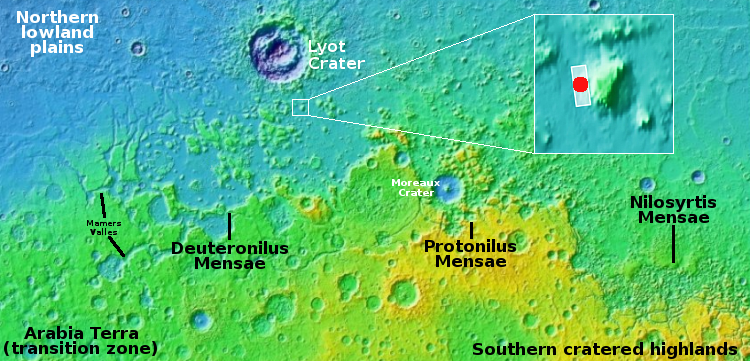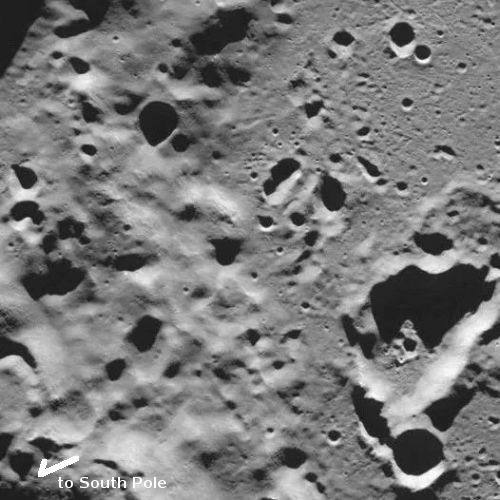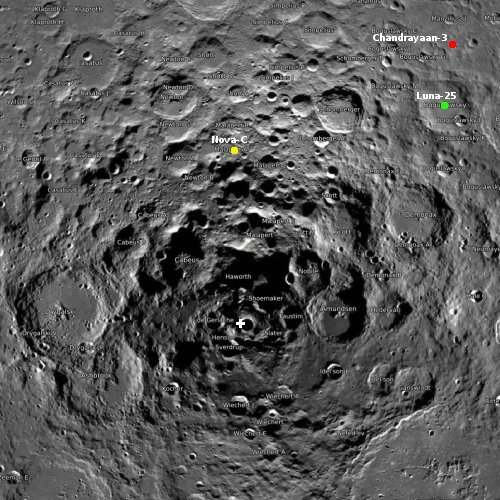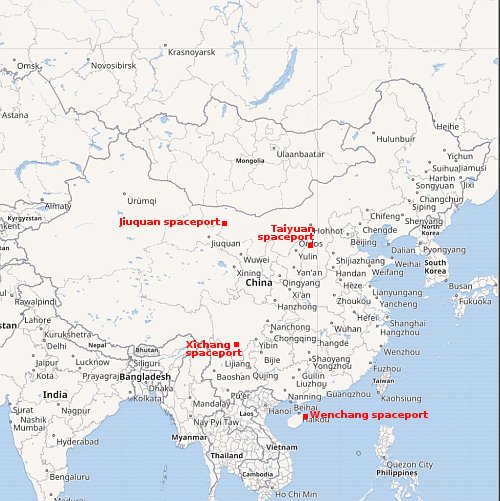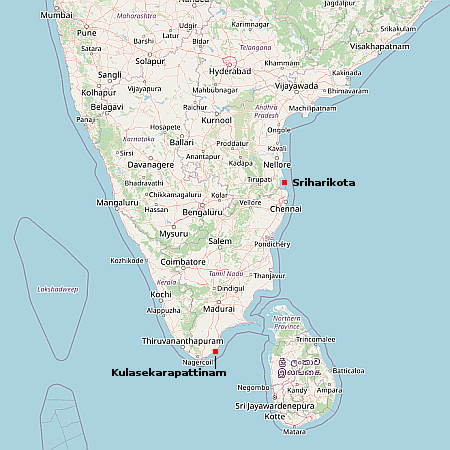Luna-25 lost after crashing on Moon
During its last major orbital burn, Luna-25’s engines apparently fired for longer than planned so that, instead of placing it into a lower orbit, the spacecraft was de-orbited and sent crashing onto the lunar surface.
The Russian space agency noted that all measures regarding the location of the spacecraft and establishing communications with it on August 19 and 20 yielded zero results. “Preliminary analysis results suggest that a deviation between the actual and calculated parameters of the propulsion maneuver led the Luna-25 spacecraft to enter an undesignated orbit and it ceased to exist following a collision with the surface of the Moon,” Roscosmos stated.
This is a tragedy for Russia, as this mission hoped to re-establish it as one of the major players in the exploration of the solar system. Instead, we once again have a data point suggesting significant quality control problems within Russia’s aerospace industry. Its misplaced focus on providing government jobs rather than actually building and quickly flying spacecraft and rockets results too often in failure.
During its last major orbital burn, Luna-25’s engines apparently fired for longer than planned so that, instead of placing it into a lower orbit, the spacecraft was de-orbited and sent crashing onto the lunar surface.
The Russian space agency noted that all measures regarding the location of the spacecraft and establishing communications with it on August 19 and 20 yielded zero results. “Preliminary analysis results suggest that a deviation between the actual and calculated parameters of the propulsion maneuver led the Luna-25 spacecraft to enter an undesignated orbit and it ceased to exist following a collision with the surface of the Moon,” Roscosmos stated.
This is a tragedy for Russia, as this mission hoped to re-establish it as one of the major players in the exploration of the solar system. Instead, we once again have a data point suggesting significant quality control problems within Russia’s aerospace industry. Its misplaced focus on providing government jobs rather than actually building and quickly flying spacecraft and rockets results too often in failure.

